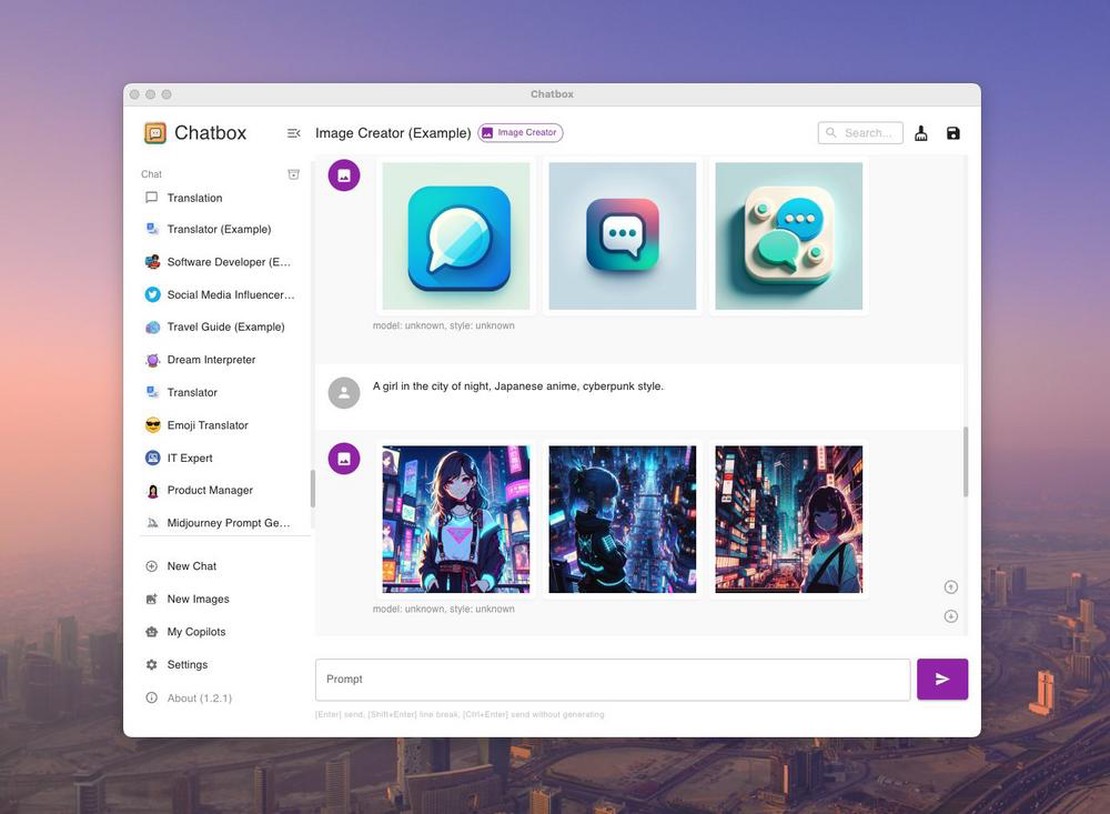The Role of ChatGPT in the Modern Workplace
In a world juggling Zoom meetings, emails, and the constant pressure of deadlines, it’s no surprise that AI-powered tools like ChatGPT are gaining prominence. While we might picture futuristic scenarios from films – flying cars and robots brewing coffee – the reality is more akin to a subtle revolution through digital assistants that help us work more efficiently and effectively. After all, nothing can replace the awkward moment of forgetting your password – except maybe an AI tool that has the answer ready!
Advantages of Using AI-Powered Tools
The advantages of using AI-powered tools like ChatGPT are seemingly endless. From automating tedious tasks to providing instantaneous answers to complex questions, it’s like having a personal assistant perpetually prepared with a coffee in hand! These tools can sift through data in seconds and present precise information, not only saving time but also enhancing the quality of decisions. It’s the difference between browsing a dusty library and asking a librarian – imagine the time and frustration saved by not having to wade through antiquated tomes!
Legal Frameworks for Employees
When it comes to the legal framework for employees, the use of technologies like ChatGPT enters a legal minefield. The deployment of AI-powered tools must comply with existing laws and regulations, particularly concerning data privacy and employee rights. Employees have a right to know what data is collected and how it’s used, ensuring the AI tool doesn’t share secrets of the last office party! Transparency expectations are high, and ongoing training on how to use these tools is also necessary. Otherwise, you might end up with a digital Dr. Jekyll and Mr. Hyde!
Data Privacy and Security: What to Consider?
In an era where data is considered the new gold, data privacy and security is paramount. When companies use AI-powered tools, they must ensure all collected data complies with GDPR regulations. Let’s be honest; who wants to face a disastrous data privacy audit? To be on the safe side, companies should ensure sensitive information is anonymized and secured. For example, with document-chat.com, all data remains in Germany, upholding high standards—data privacy is not just a buzzword, but a standard here.
Implementing AI Tools in Companies: Best Practices
Implementing AI tools in companies should be strategic and phased. One of the best approaches is to involve employees from the outset. If they understand how the tool works and the benefits it offers, adoption will be significantly higher. Training should not be overlooked; no one wants to be thrown into the “technological jungle!” Clear communication of benefits, support from IT specialists, and a secure framework are vital for a successful rollout. A helpful tip is to regularly feed the AI tool new information to keep it up-to-date.
FAQ: Commonly Asked Questions about Using ChatGPT in the Office
What can ChatGPT do for me? ChatGPT can, for example, answer frequently asked questions, provide training materials, or even suggest creative problem-solving ideas.
Is ChatGPT reliable? As an AI model, it can be prone to errors if not kept up to date, so it’s important to regularly feed it new information.
How is my data protected? Data protection is no joke; it’s crucial that data is anonymized and stored securely. With tools like document-chat.com, all data is processed in Germany – very reassuring, isn’t it?
Conclusion: ChatGPT as a Helpful Tool or a Legal Risk?
Overall, AI-powered tools like ChatGPT offer both opportunities and challenges. If companies prioritize compliance with legal frameworks and data protection, ChatGPT can become an effective tool that not only enhances collaborative working but also revolutionizes the office environment. However, the human touch should never be forgotten! Yes, there are risks, but with the right approach, the advantages of a tool like document-chat.com – where AI not only answers questions but also discreetly handles advertising – can outweigh the concerns.
